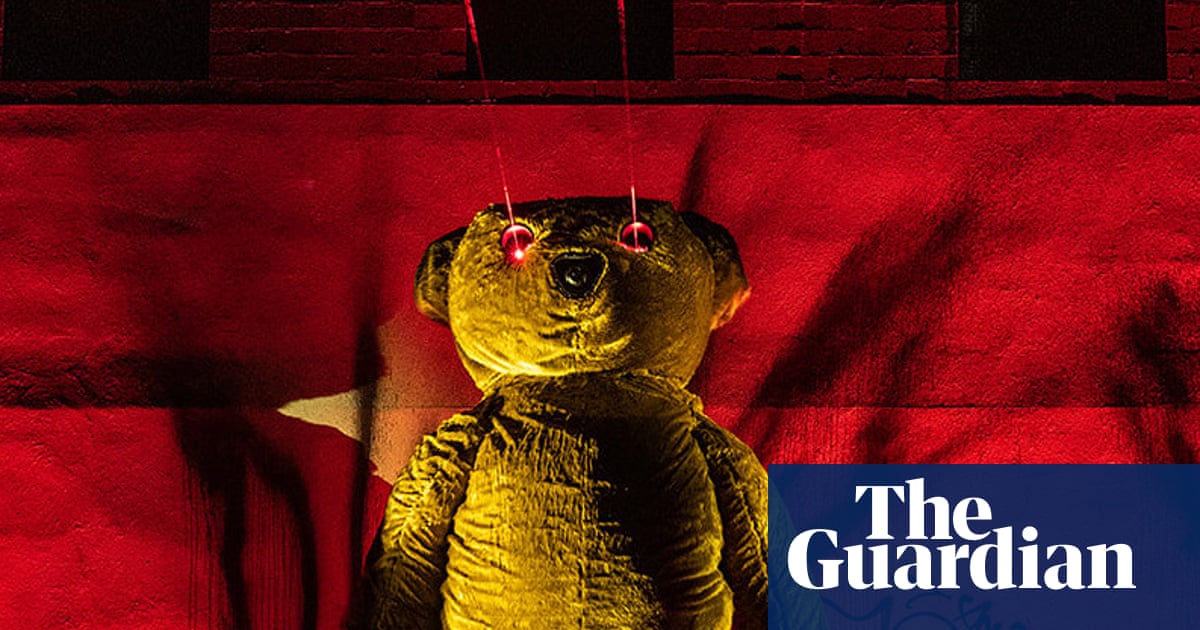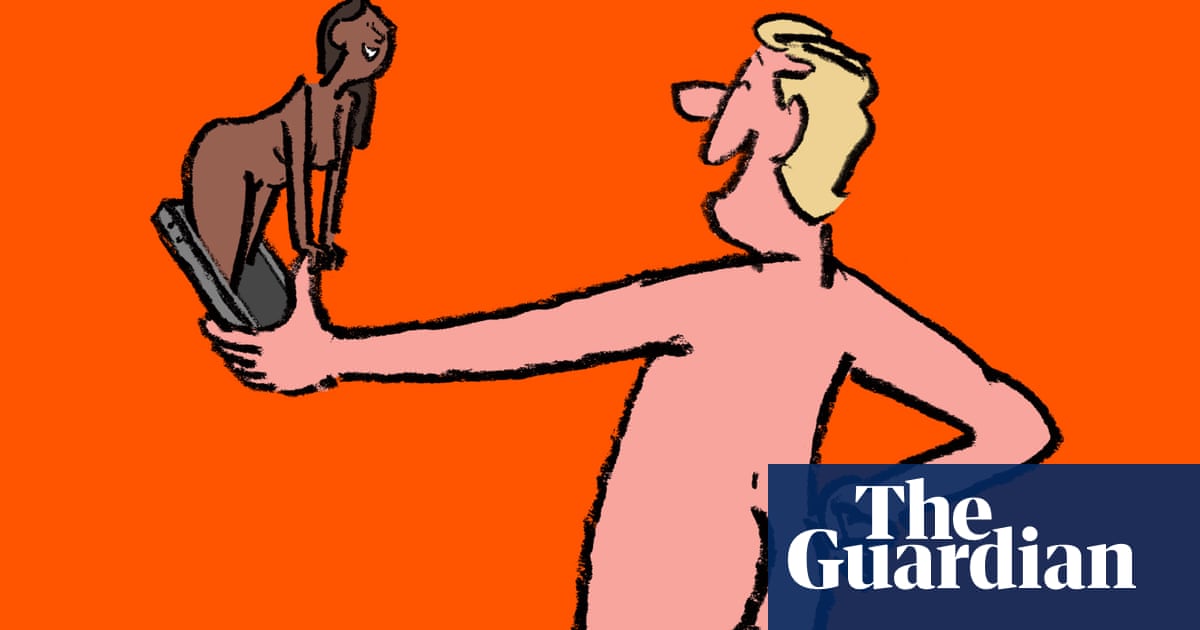
There’s a communal prayer of penitence that is often used in Church of England services. In it, worshippers confess that they have sinned against their fellow humans “in thought, and word, and deed; through negligence, through weakness, through our own deliberate fault”. Concise yet powerful, it recognises the different ways we can harm each other. Sins of omission and of carelessness are no less damaging, or requiring of forgiveness, than those born of malice.
We live in a period when our personal contributions to systemic injustice, many of them unintentional, are becoming increasingly obvious. Our new age of enlightenment has illuminated any number of dark corners that society has long failed (or refused) to notice. Cricket, the sport I love, has just endured a particularly punishing month of reckoning. First, Azeem Rafiq’s public testimony against his former county, Yorkshire, forced the English game to admit that its anti-racism stance wasn’t worth the T-shirts it was printed on. Then, right before the Ashes, Australia’s then-captain admitted sending sexually explicit messages to a colleague. In both cases, players, coaches and commentators found themselves suddenly jobless, while the sport’s administrators have scrambled, with little dignity, to contain the fallout.
Rafiq said he had no interest in shaming individuals, but in exposing the culture of which their actions were a part. The fact that he was undermined with the revelation of antisemitic tweets from his past is symptomatic of our default position, to respond to calls for societal change with charges of hypocrisy.
Each new sally in the culture wars requires its own forensic dig through social media. Each corresponding “Gotcha” moment detracts and distracts from the widespread need for justice, education and understanding that has inspired such powerful movements as Black Lives Matter and the #MeToo movement.
Attitudinal and behavioural changes in our society are as rapid as they are overdue. Generations Z and Alpha will grow up with a far greater understanding than their predecessors of how insidious and widespread is the human instinct to “other” one another and how enshrined it is in our political systems and social networks. For anyone older, this is a time of reassessment.
How many of us can honestly say we haven’t laughed at comedy based on stereotypes we’d blench at now, whether it’s our parents laughing at funny foreigners in 70s sitcoms or Rachel sniggering at the word “homo” in Friends? Given the insults that liberally littered schooldays past – girls calling each other “retards” or boys calling each other “gay” – who hasn’t used language they’d cringe to repeat or stayed silent at something they would quickly denounce today?
No wonder many feel defensive, threatened, overwhelmed: having good intentions, and being decent in our individual encounters, is no longer enough. We’re living in an era when we’re being asked to listen and learn in ways that many of us haven’t done before. If it were easy to admit and apologise for our complicity in social “norms” that hurt others, we might have solved some of these problems. But even saying sorry for the smallest things can feel beyond us, especially under the scrutiny of social media that is quick to point the finger.
While our first thoughts in these situations must be with the victims of injustice, it’s possible to feel horror for the discrimination they’ve endured (and we’ve ignored) yet retain an instinctive sympathy for those caught in the crude spotlight of their own errors. Perhaps that’s not an unselfish feeling. It’s born of the utter surety that some of our own past thoughts, beliefs and utterances might not withstand such scrutiny, whether or not our timelines are devoid of casually racist memes.
Occasionally, it feels as though we’re living in a world of mutually assured destruction. There are few enough of us with clean hands, yet still, in our moral panic, we sacrifice our scapegoats and revel in other people’s downfalls. The more loudly we exercise our judgment on “historical messages” or thoughtless speech or crass attempts at humour, the harder it becomes for everyone else to own their mistakes. We can’t escape, and we can’t progress, if we’re trapped in a circle holding guns to each other’s heads. We have to find a new model for taking responsibility that tempers justice with mercy. We need to adopt a readiness to forgive that stops us getting so self-righteous and stoking divides. We must make space for grace.
We also have to admit – to ourselves, to others – that we’re all susceptible to human nature and human flaws. Understanding how or why someone said or did something wrong, whether through deep-rooted and unchallenged prejudice or wilful ignorance, or worse, isn’t the same as condoning it. Acknowledging our mistakes and changing our behaviour is the most vital thing we can do. We’re more likely and able to make amends if we’re not terrified of lifelong judgment and if we don’t feel singled out for blame.
In our secular society, we’ve let go of many of the rituals that allow us to acknowledge communal wrongdoing and encourage us to seek corporate forgiveness. Many would, understandably, choke on the hypocrisy of the absolution that religious establishments offer, when so many of them have been implicated in oppressive systems of their own. But maybe we’ve struggled to replace them with anything else that can recognise and relieve the heavy tonnage of our collective guilt.
Instead, we point out the mote in our brother’s eye. Or we outsource atonement to actual corporations and other organisations we can hold accountable for actions and behaviour that exist at a safe distance. There’s surely a reason why the mea culpas doled out by PR departments these days have started to sound less like careful legalese and more like liturgy. “Our sport did not welcome you, our game did not accept you as it should have done,” intoned the ECB’s press release. It could almost have come with an amen at the end.












